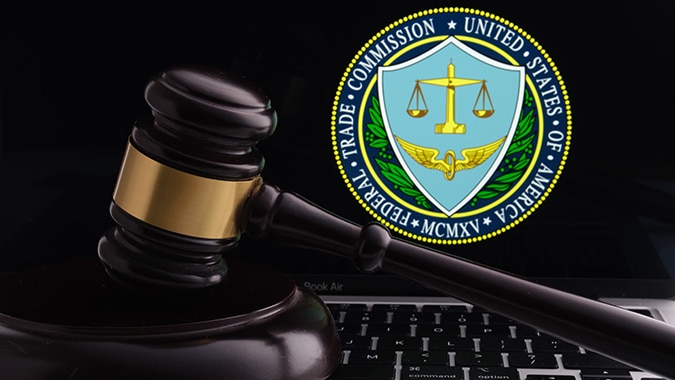In addition to the coronavirus response, the Senate on Thursday passed legislation creating a new health plan for educators designed to save money for school districts and return that savings to local taxpayers.
NJBIA supported the concept when Senate President Steve Sweeney announced it on March 9, but as NJBIA’s Chris Emigholz noted last week, NJBIA would be looking for specific provisions in the legislation to ensure that savings are returned to taxpayers, and not spent by local school boards.
His verdict?
“Taxpayers should be pleased to see a section in the Senate President’s healthcare savings legislation devoted to property tax relief as NJBIA requested,” said Emigholz. “NJBIA was concerned that this healthcare reform could just lead to more unnecessary spending, and Senate President Sweeney listened to the concerns we shared.”
Emigholz explained that this plan ensures that some of this savings would go back to taxpayers. The Sweeney plan also does it in a thoughtful manner, allowing districts not spending enough to increase their spending, while districts spending enough as determined by the State Department of Education, must use their savings to reduce the property tax levy.
“The majority of school district spend more than deemed adequate by the State, so the majority of taxpayers should expect some tax relief from the Sweeney bill,” Emigholz said.
Additionally, school districts that have health plans outside of the state’s current education health plan will also be required to comply with these savings. Emigholz says, “Couple this with the fact that teachers will see their take-home pay increase due to their own contributions going down to a less expensive plan, and this is a win-win-win for taxpayers, school districts and teachers.
“While we focus on the immediate threat to public health and economic stability, it’s important the public understands that their government is steadfastly working towards both their short and long-term welfare,” Sweeney said.
The Senate President said the new health plan would save more than $1 billion per year—$670 million in property taxes for lower costs to local governments and another $400 million in premium contributions by plan beneficiaries. The savings are calculated by actuaries employed by the state Division of Pension and Benefits and the Senate Majority Office, according to Sweeney’s office. The actuaries project an additional $100 million in shared savings from another plan, to be created next year, called the Garden State Health Plan.
Sweeney and the New Jersey Education Association negotiated the creation of the new plan, called New Jersey Educators Health Plan, to replace most other plans offered to teachers. New members coming into service and those electing to switch to this new plan will see their payroll deductions tied to a new contribution schedule based on a percentage of salary as opposed to the currently required percentage of premium. Those electing to stay in the SEHBP’s more traditional plans will be required to pay more for their healthcare based on a percentage of their premium.
